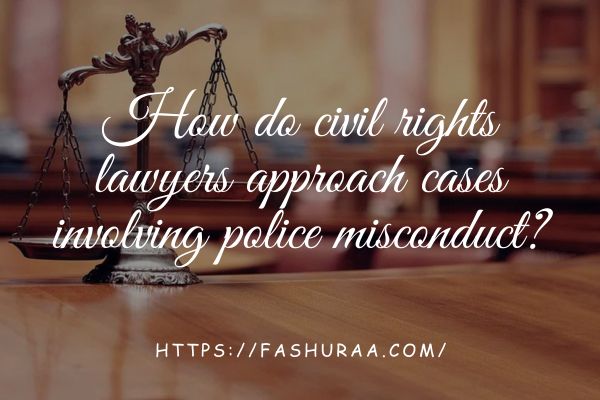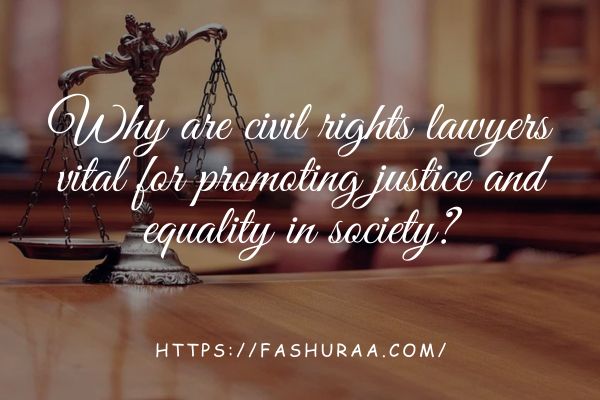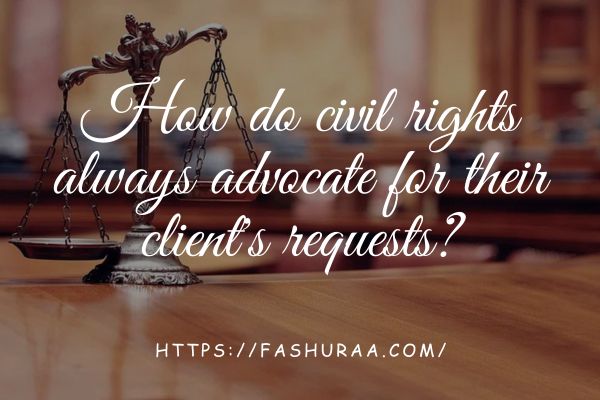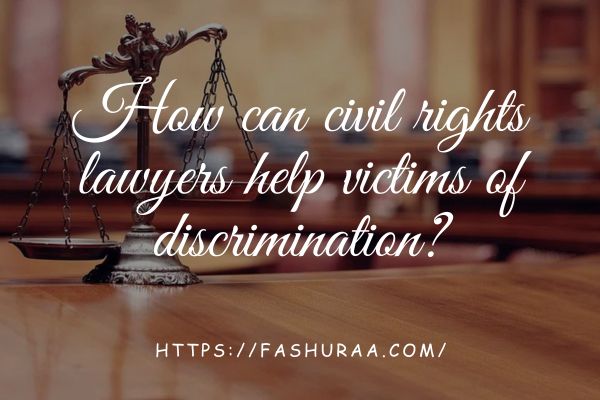How do civil rights lawyers approach cases involving police misconduct?
December 12, 2023 | by Muaaz Shaheen

Introduction:
In this article, I’ll delve into the intricate world of civil rights law, specifically focusing on how legal professionals approach cases involving allegations of police misconduct. The critical intersection of civil rights and law enforcement has long been a national debate and concern. Civil rights lawyers, equipped with a deep understanding of constitutional principles and social justice, play a pivotal role in holding law enforcement accountable for any actions that infringe upon the rights and liberties of citizens.
In the following discussion, we’ll explore the strategies, challenges, and ethical considerations that shape the approach of civil rights lawyers when they take on cases involving police misconduct, shedding light on their tireless efforts to uphold justice and protect the rights of individuals in their communities.
Legal Research and Analysis
Civil rights lawyers begin their approach to cases involving police misconduct by conducting extensive legal research and analysis. This phase is crucial to understanding the case’s relevant laws, precedents, and legal doctrines. Lawyers examine federal and state statutes, constitutional provisions, and court decisions to build a solid foundation for their arguments. This research helps them determine the viability of a case and identify potential legal avenues to pursue.
Additionally, legal analysis involves scrutinizing the facts of the case and assessing how they align with the law. Lawyers seek to identify instances where law enforcement may have violated a person’s civil rights, such as through excessive force, unlawful arrests, or discriminatory practices. This meticulous examination of the law and facts is the foundation of the entire legal strategy, ensuring the case is grounded in a strong legal framework.
Client Consultation and Assessment
Before proceeding further, civil rights lawyers engage in in-depth client consultation and assessment. They meet with the individuals who have experienced alleged police misconduct to gather crucial information about the incident and its aftermath. This phase involves listening to their accounts, understanding their perspectives, and empathizing with their experiences.
Moreover, lawyers assess the case’s potential impact on their clients’ lives, considering physical injuries, emotional distress, and any lasting consequences of the alleged misconduct. This client-centered approach helps lawyers develop a comprehensive understanding of the situation from the perspective of those affected. It also establishes a foundation of trust and collaboration between the lawyer and client, ensuring that the legal strategy aligns with the client’s goals and objectives for seeking justice and accountability.
Gathering Evidence and Documentation
Following the initial client consultations, civil rights lawyers embark on the crucial task of gathering evidence and documentation to support their case. This phase comprehensively collects all relevant information, including witness statements, video footage, medical records, and police reports. Lawyers often collaborate with investigators and experts to ensure the evidence is obtained meticulously and legally.
The evidence-gathering process is meticulous, as it must establish a clear and compelling narrative of what transpired during the incident of alleged police misconduct. Lawyers need to demonstrate the facts, context, and circumstances surrounding the event. This robust evidentiary foundation is essential for building a persuasive case and proving the alleged constitutional violations.
Identifying Constitutional Violations
One of the central aspects of civil rights cases involving police misconduct is identifying the specific constitutional violations that may have occurred. Lawyers closely examine the Fourth, Fifth, Eighth, and Fourteenth Amendments of the U.S. Constitution and relevant state constitutional provisions to determine whether law enforcement actions breached these fundamental rights. Common violations include unlawful search and seizure, due process violations, cruel and unusual punishment, and equal protection.
Identifying constitutional violations forms the crux of the legal argument and is pivotal to establishing a case’s merit. Civil rights lawyers must meticulously dissect the actions of law enforcement officers, comparing them against constitutional standards and precedents. This process involves a deep understanding of legal principles and precedents to craft a persuasive narrative demonstrating the infringement of the client’s civil rights.
Filing Lawsuits and Legal Actions
Once civil rights lawyers have conducted thorough research, gathered evidence, and identified constitutional violations, they proceed to the formal legal process by filing lawsuits and legal actions. This step marks the initiation of legal proceedings against the individuals or agencies responsible for the alleged police misconduct. Lawyers draft and file legal documents, such as complaints and petitions, outlining their clients’ claims and the relief sought.
Filing lawsuits is a critical juncture in the pursuit of justice and accountability. It serves as the official channel through which clients seek redress for the violations they have suffered. These legal actions set the stage for the litigation process and initiate the legal battle to hold law enforcement accountable for their actions.
Engaging in Settlement Negotiations
In many cases involving police misconduct, both parties may opt for settlement negotiations instead of protracted litigation. Civil rights lawyers often negotiate with the opposing parties, including law enforcement agencies or their insurers. Settlement negotiations can be a pragmatic approach to achieve timely compensation and reforms while avoiding the uncertainties and costs associated with a trial.
During negotiations, lawyers advocate for their client’s interests to secure fair and just settlements that address the harm caused by police misconduct. These negotiations can lead to financial compensation for victims, changes in law enforcement policies and practices, and other remedies to prevent future misconduct.
Trial Preparation and Litigation
In cases where settlement negotiations do not result in satisfactory outcomes, civil rights lawyers prepare rigorously for trial. This phase involves comprehensive trial preparation, including selecting witnesses’ expert testimony and developing a compelling courtroom strategy. Lawyers anticipate the arguments and tactics of the opposing party and work to counter them effectively.
The trial itself is a critical phase in the legal process, where both sides present their evidence, witnesses testify, and legal arguments are made before a judge and, in some cases, a jury. Civil rights lawyers use their expertise to present a persuasive case, relying on the law, evidence, and constitutional principles to demonstrate the alleged police misconduct and its impact on their clients. Trials can result in verdicts and judgments that hold law enforcement accountable and compensate victims.
Conclusion:
I hope this exploration of how civil rights lawyers approach cases involving police misconduct has shed light on the intricate and dedicated work they undertake to pursue justice. These legal professionals, armed with their expertise in constitutional law and a commitment to upholding the rights of individuals, play an essential role in holding law enforcement accountable for any violations of civil liberties. In a society that places a premium on accountability, transparency, and the protection of individual rights, civil rights lawyers act as formidable advocates for those affected by police misconduct.
Through rigorous research, compassionate client consultations, evidence gathering, and strategic litigation, they navigate a complex legal landscape to seek redress for their clients and drive meaningful change in law enforcement practices. Additionally, their involvement in settlement negotiations and trials underscores their unwavering dedication to ensuring justice prevails, serving as a beacon of hope for those who have experienced the devastating consequences of police misconduct.
RELATED POSTS
View all


